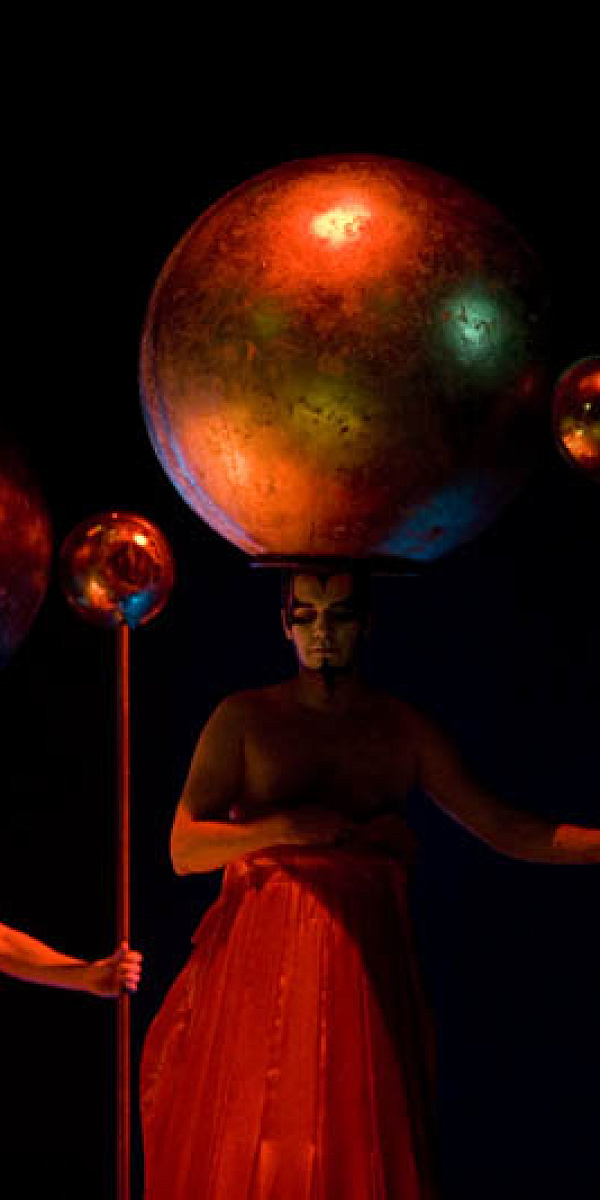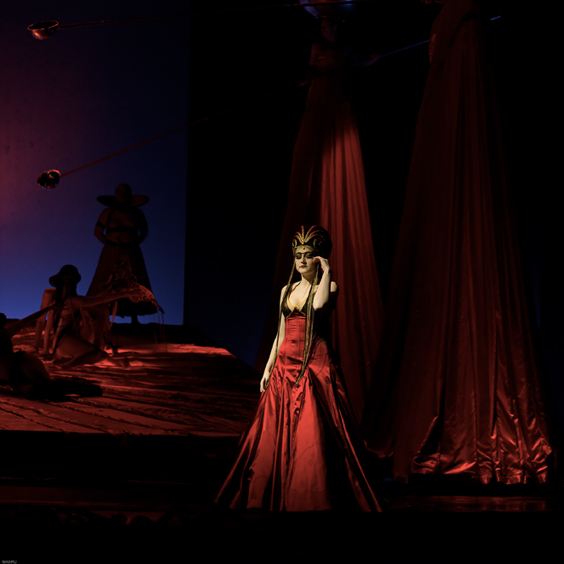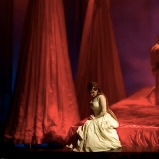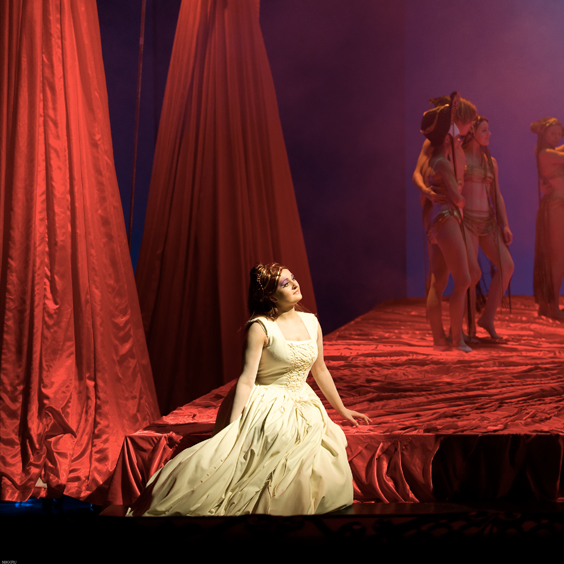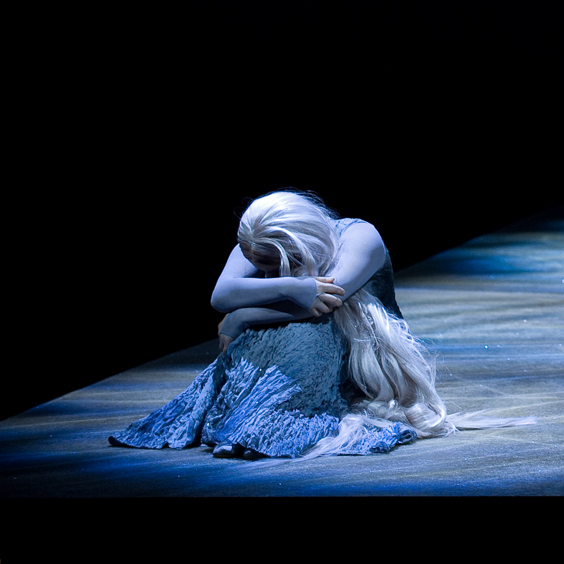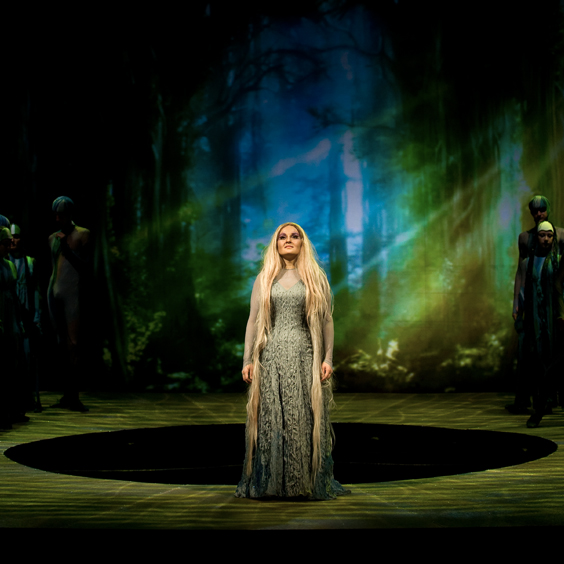Rusalka
opera in three acts
music by Antonín Dvořák
 performed in Czech (with Russian surtitles based on the translation by Oleg and Mikhail Malevich)
performed in Czech (with Russian surtitles based on the translation by Oleg and Mikhail Malevich)
The story of the love between Rusalka and the Prince, who find themselves at the crossroads between a mythical world and ordinary human life, is told through a poignant musical score by Antonín Dvořák. Slavic mythology is fused with an exquisite lyricism and beautiful melodies are developed within the precise framework of classical operatic style. The protagonists face a tormenting decision and trials on the boundary between love and death. The influential roles of the Water Sprite, the witch Ježibaba, and other mythical lake- and forest-dwellers, serve only to reinforce the profound humanity of this struggle for love and grace. Having fallen in love with the Prince, Rusalka dreams of becoming mortal in order to experience the life of a human woman. Cursed by dark powers and abandoned by her love, she cannot return to the creatures of the water. Condemned to deliver death, she chooses, instead, to offer forgiveness. Behind the fairytale title lies a very serious, adult story which will enrich the emotional experience of the perceptive listener.
At the edge of a forest lake, Rusalka tells a water spirit, Vodník, that she has fallen in love with a human Prince and wants to become human to embrace him. Vodník feels sorry for her and steers her to a witch, Ježibaba, for assistance. Ježibaba tells Rusalka that if she becomes human, she will lose the power of speech and that if she is betrayed by the Prince, both of them will be eternally damned. Rusalka agrees to the terms and drinks a potion. At the dawn, the Prince, hunting a white doe, comes to the lake. He sees the beautiful Rusalka, falls in love with her and leads her to his castle.
Act II
The court is busy with the wedding preparations. The servants are surprised by a sudden appearance of the doleful fiancée. She is troubled as the Prince is already lavishing attentions on a Foreign Princess who is a wedding guest. Vodník is watching Rusalka with grief: she tries to attract her fiancé, but he rejects her. Vodník curses the Prince and foretells his soon death. Vodník takes Rusalka back to the lake. The Princess is triumphant: now the Prince is hers.
Act III
Again, Rusalka is sitting at the edge of the forest lake. Ježibaba’s curse has come to its power. Now Rusalka cannot join her sisters in the lake. Ježibaba suggests that Rusalka kill the Prince: thus, she will get break of the curse. Rusalka, however, is unable to kill her beloved. In the meantime, the Prince is longing for Rusalka. He grew cool towards the Princess and wants to win back Rusalka. He comes to the lake and calls for her. Rusalka emerges from the depths of the lake. The Prince rushes to her arms, but she stops him. Rusalka is still in love with him. She forgives him and tells him that her kiss means death for him. The Prince, however, does not want to live without her. Rusalka kisses him, and he dies in her arms.
Premiere at the Mikhailovsky Theatre: 30 October 2009
Libretto by Jaroslav KvapilMusical Director of the production: Peter Feranec
Stage Director: Igor Konyayev
Stage Designers: Pyotr Okunev, Olga Shaishmelashvili
Lighting Designer: Denis Solntsev
Choreographer: Maria Korablyova
Principal Chorus Master: Vladimir Stolpovskikh
Principal Pianist: Natalia Dudik
Director: Yulia Prokhorova
Stage Director Assistant: Vyacheslav Kalyuzhny
Chorus Masters: Alexey Dmitriev, Sergey Tsyplenkov
Ballet Pianist: Natalia Spichka
Consultant in the Czech language: Elena Kolomiytseva
Surtitles: Margarita Kunitsyna-Tankevich
Stage Manager: Olga Kokh
Sets and costumes produced at the Vozrozhdenie Theatrical Design Studios

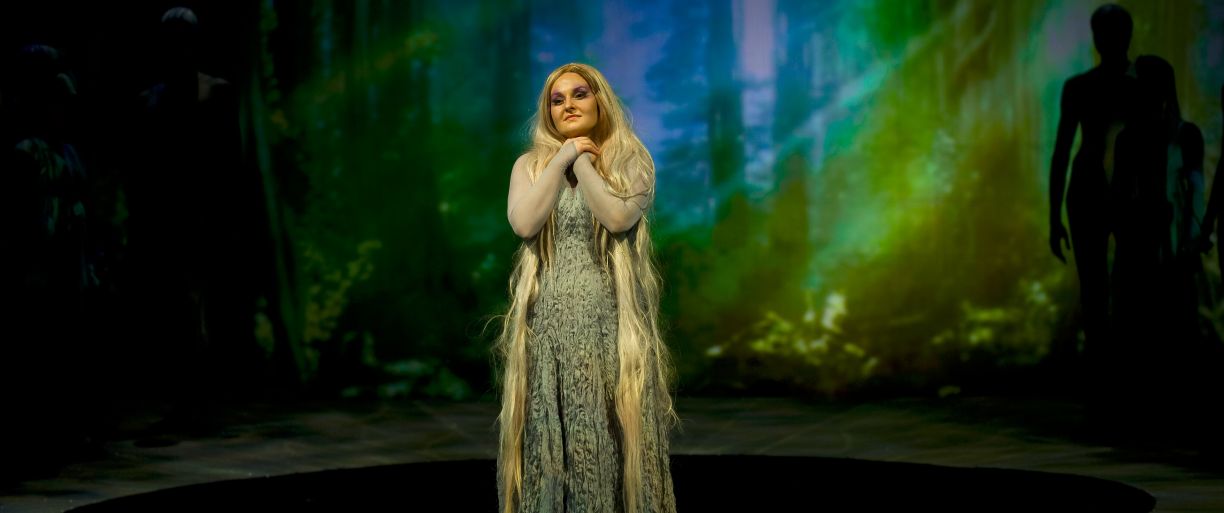
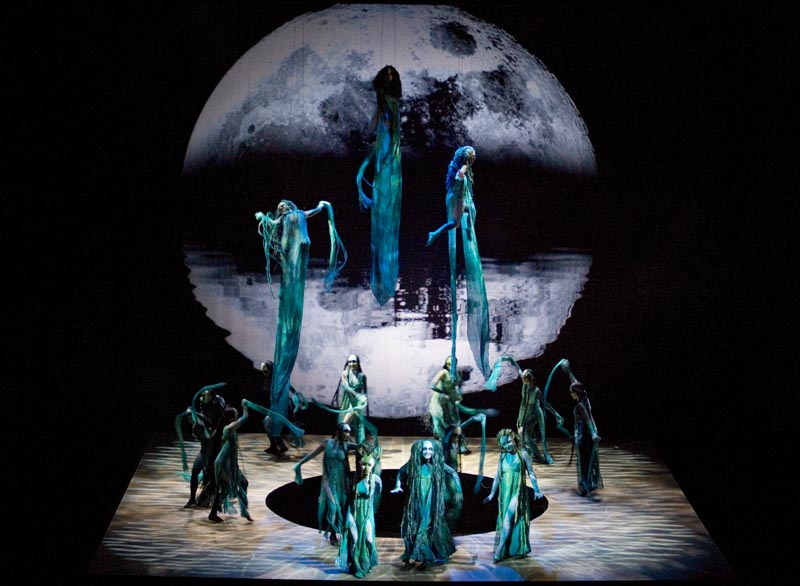
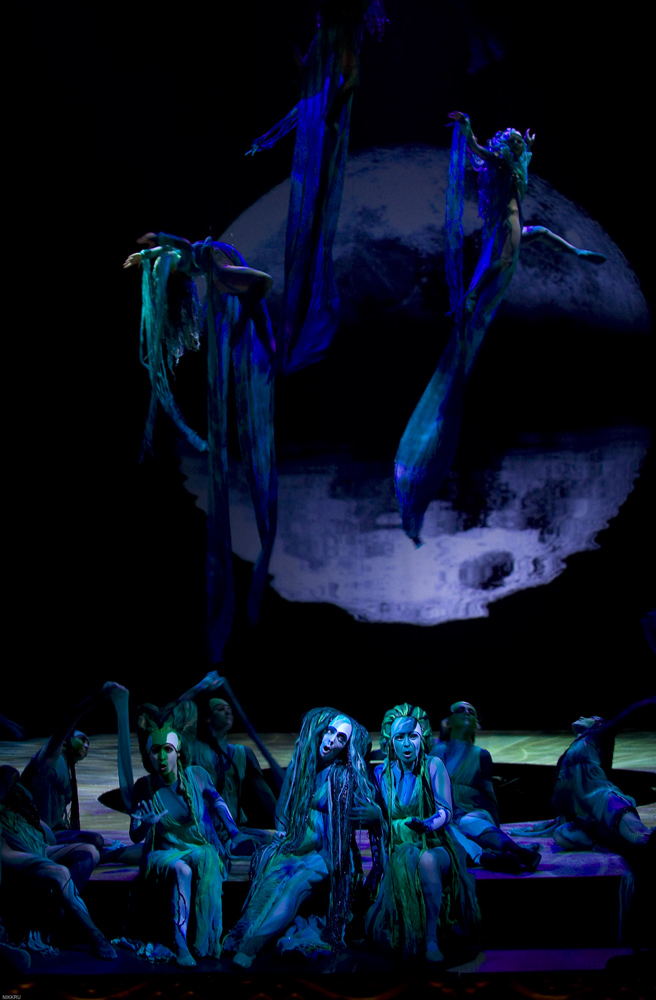


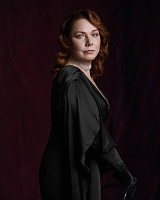
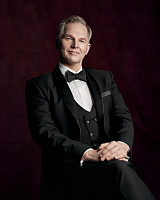

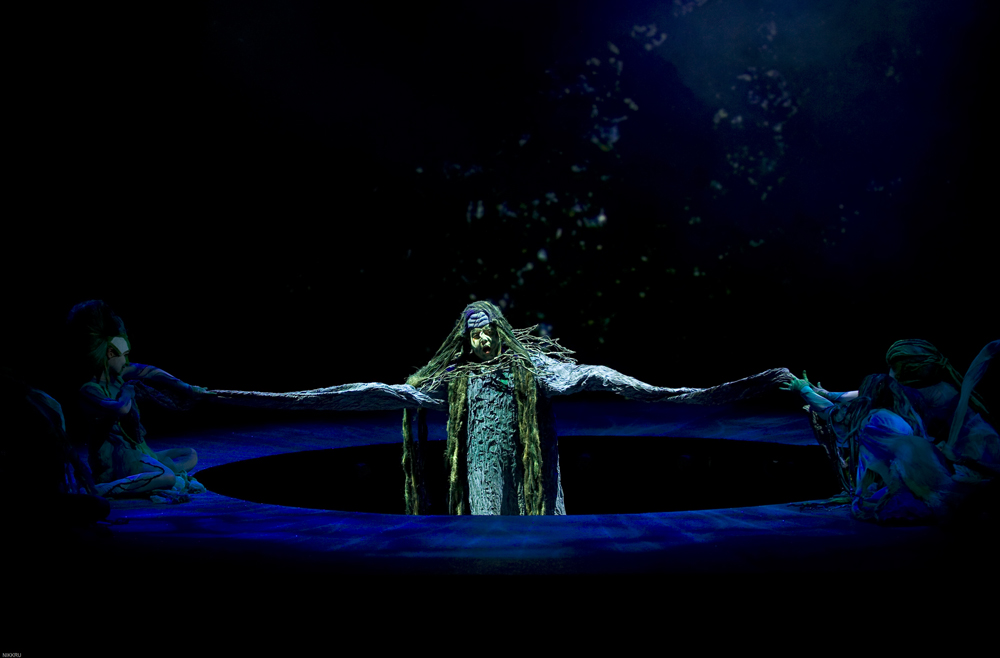
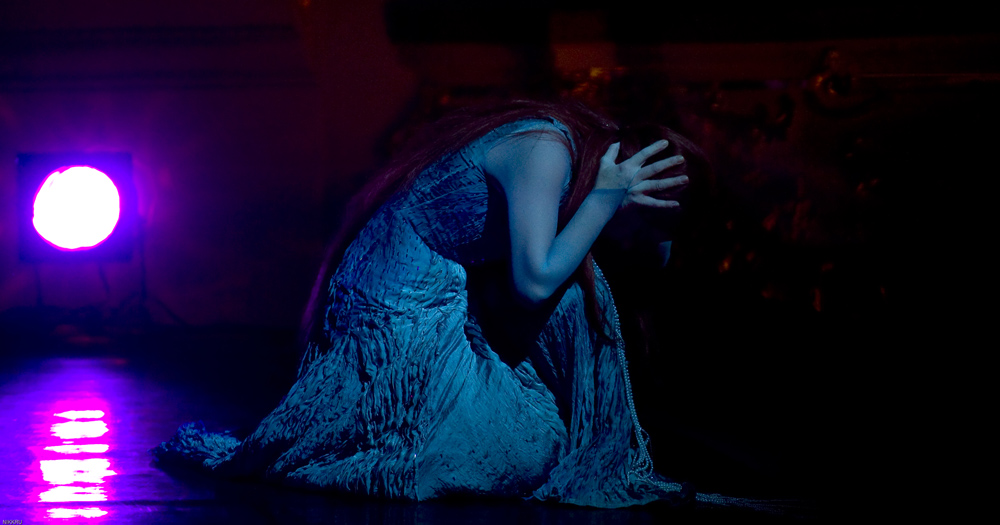
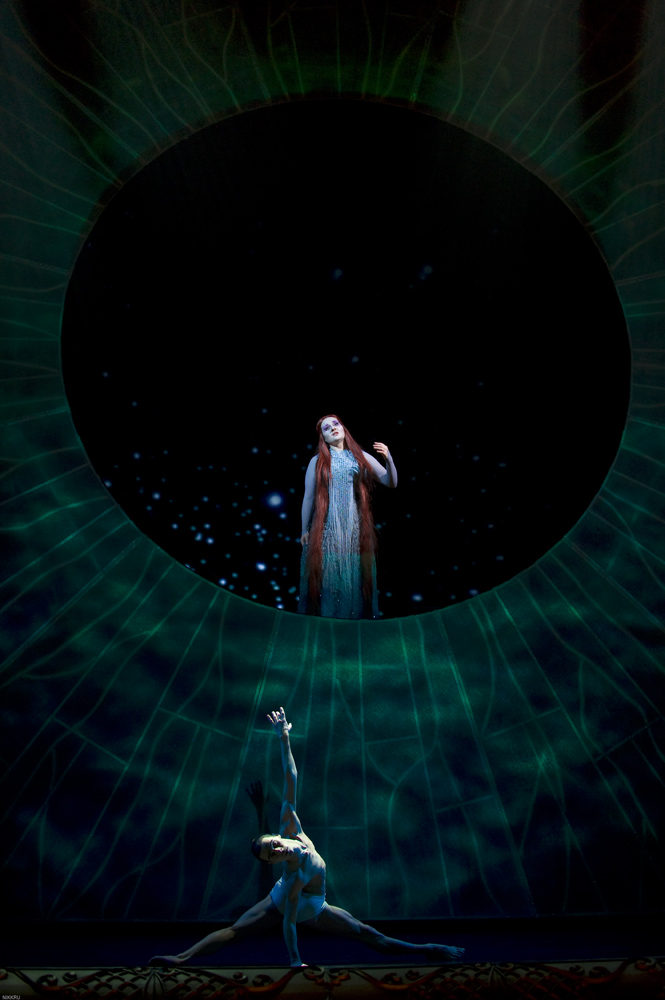
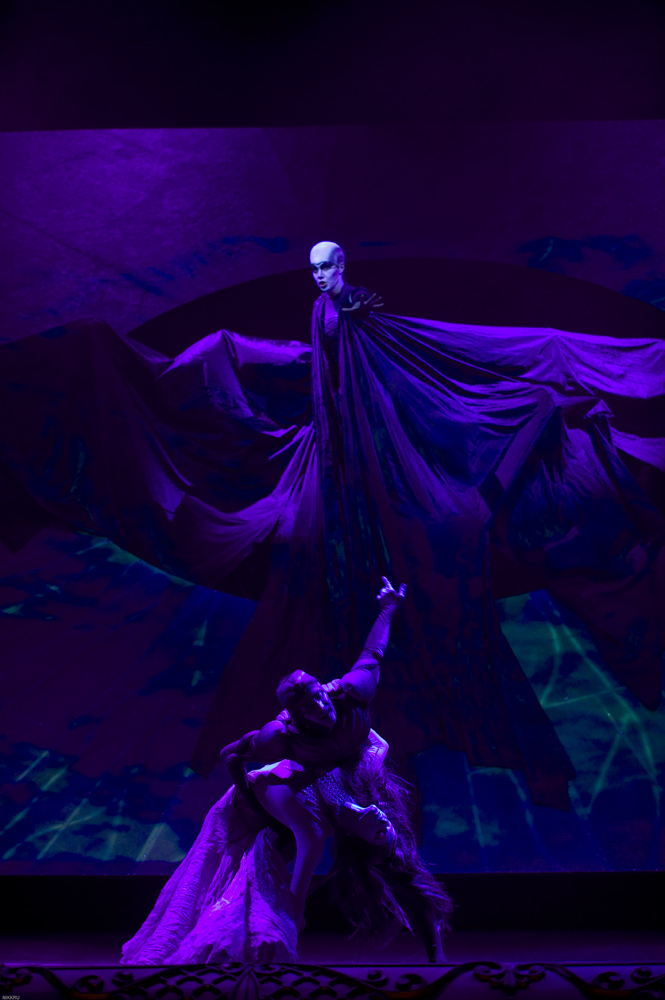
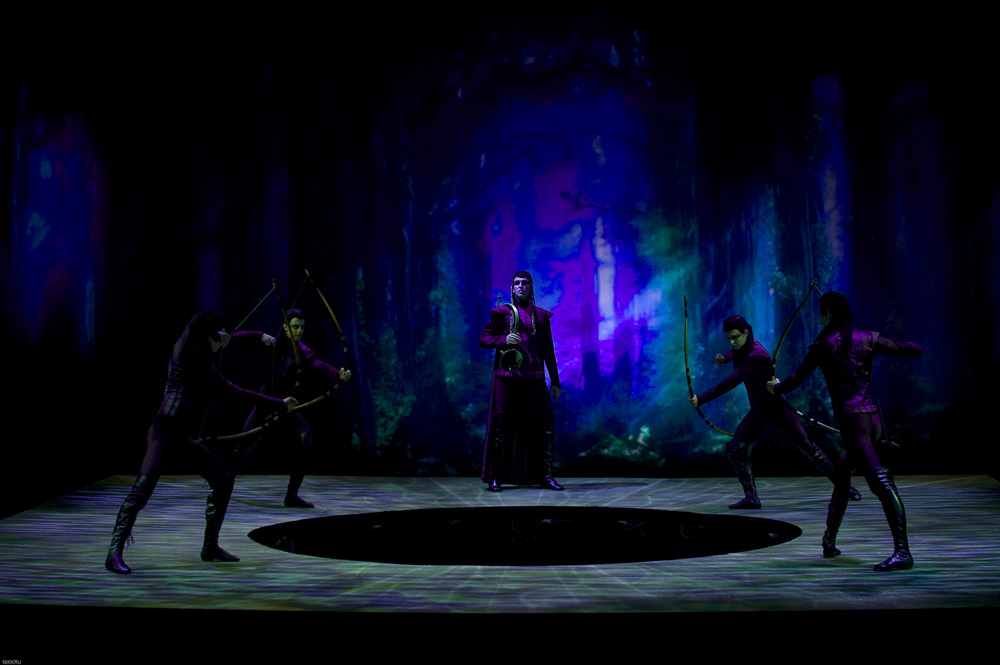
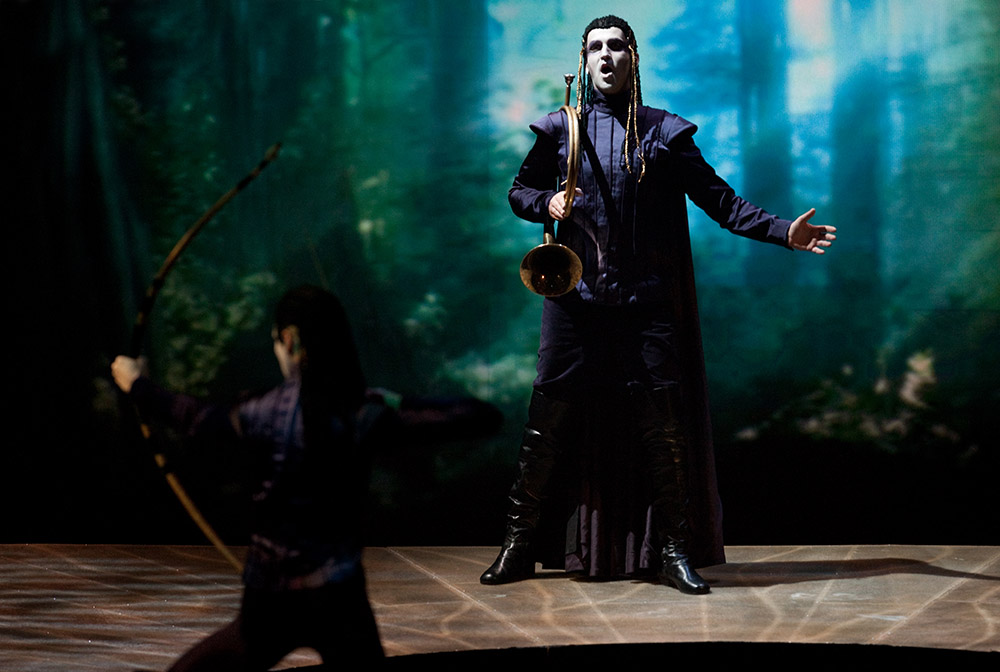
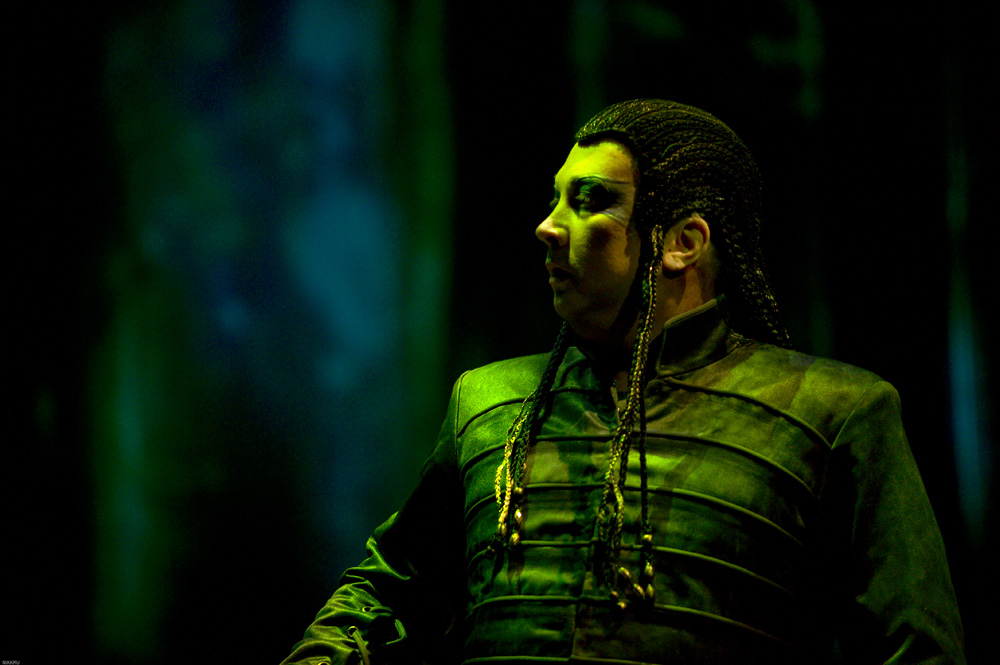
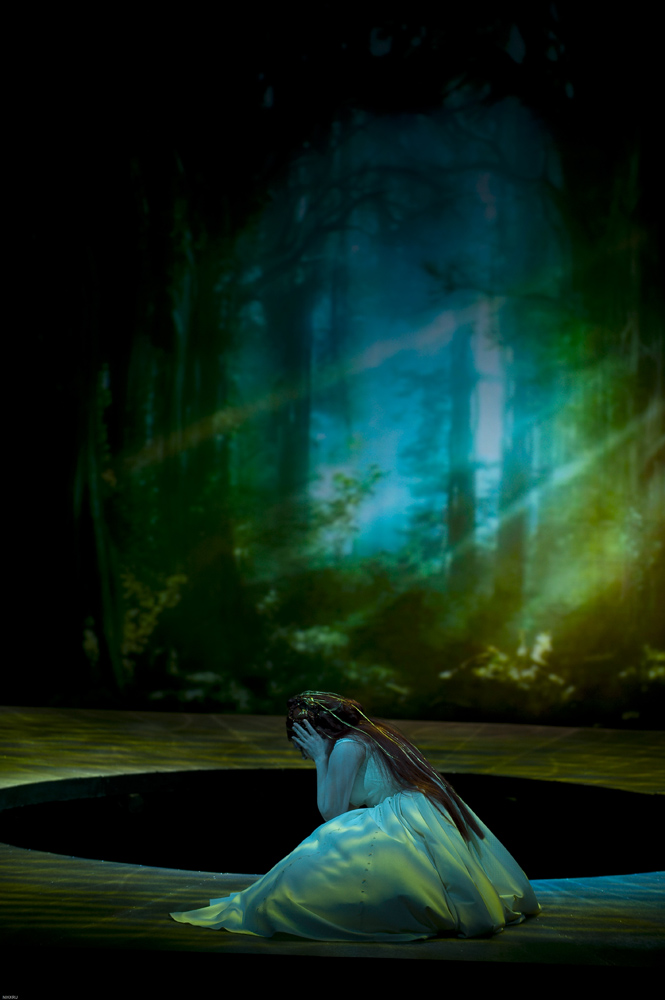

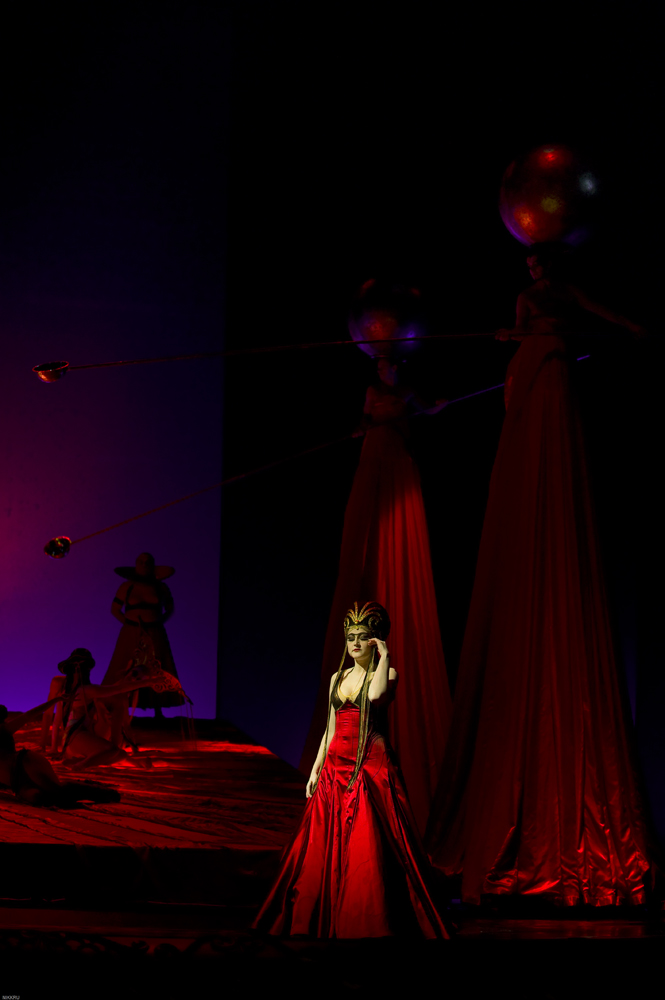

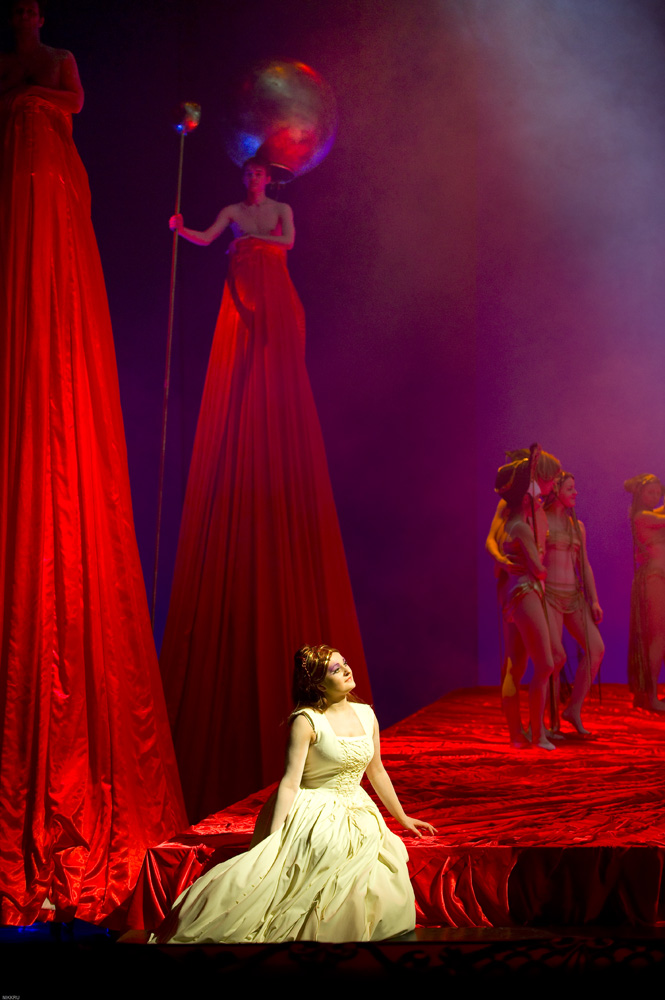
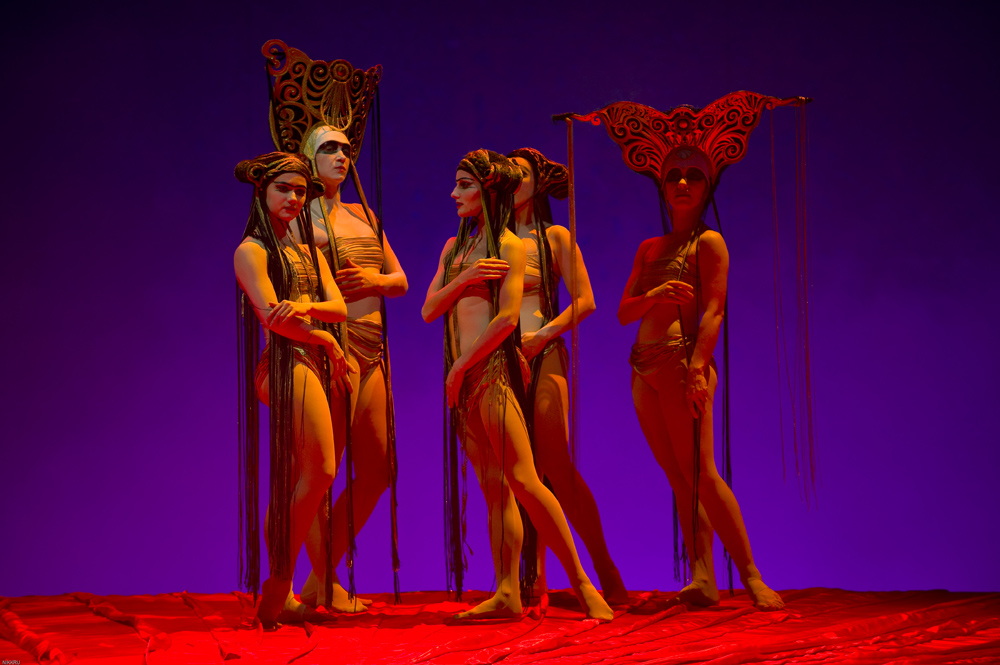
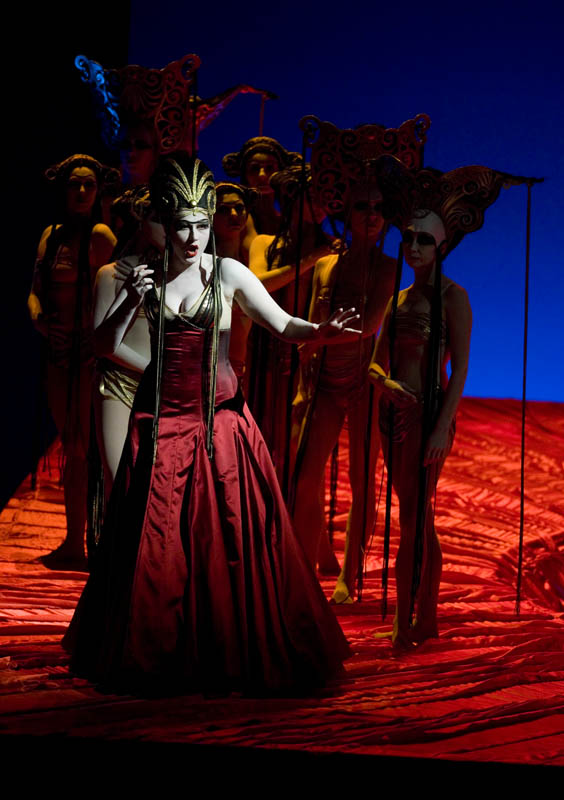
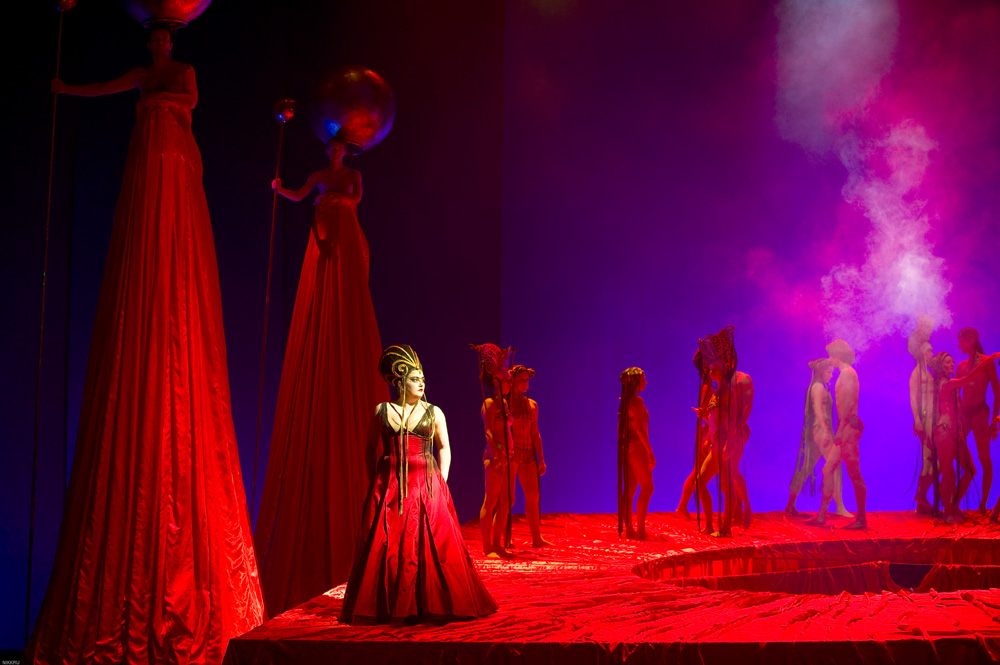

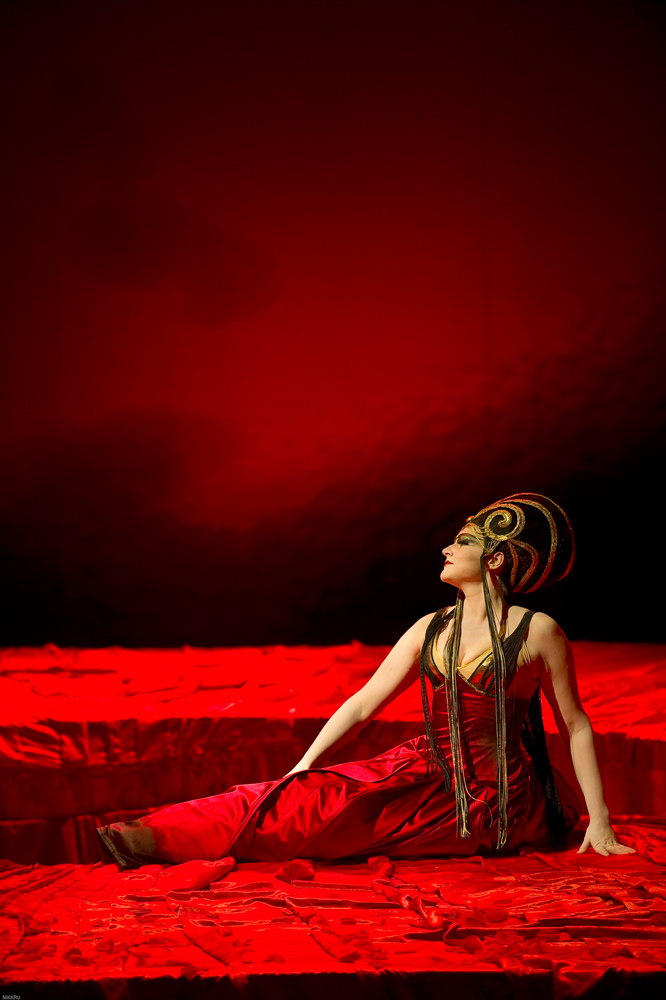
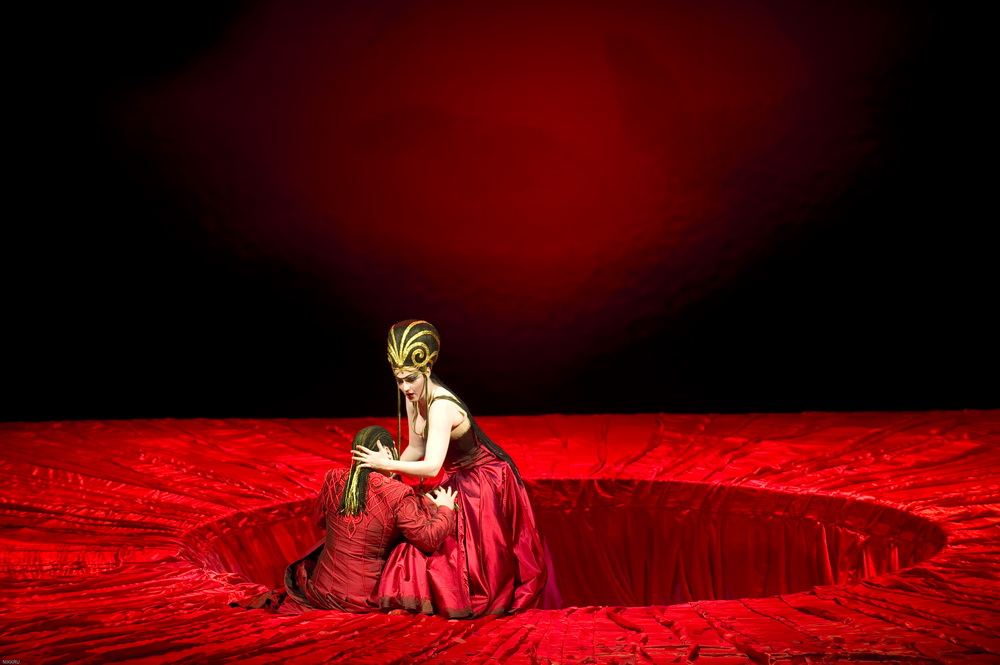
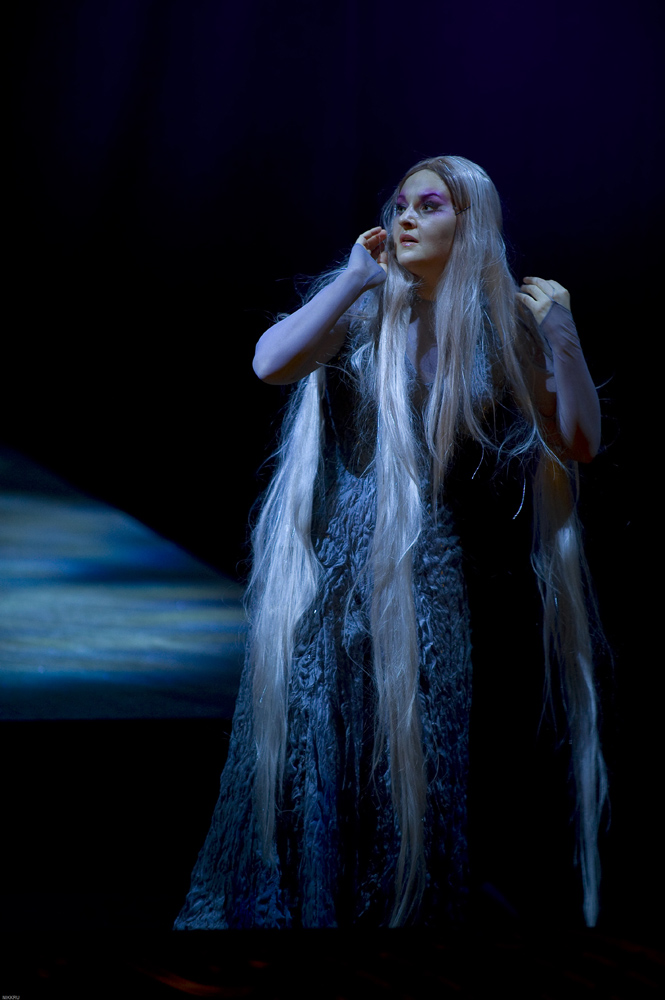
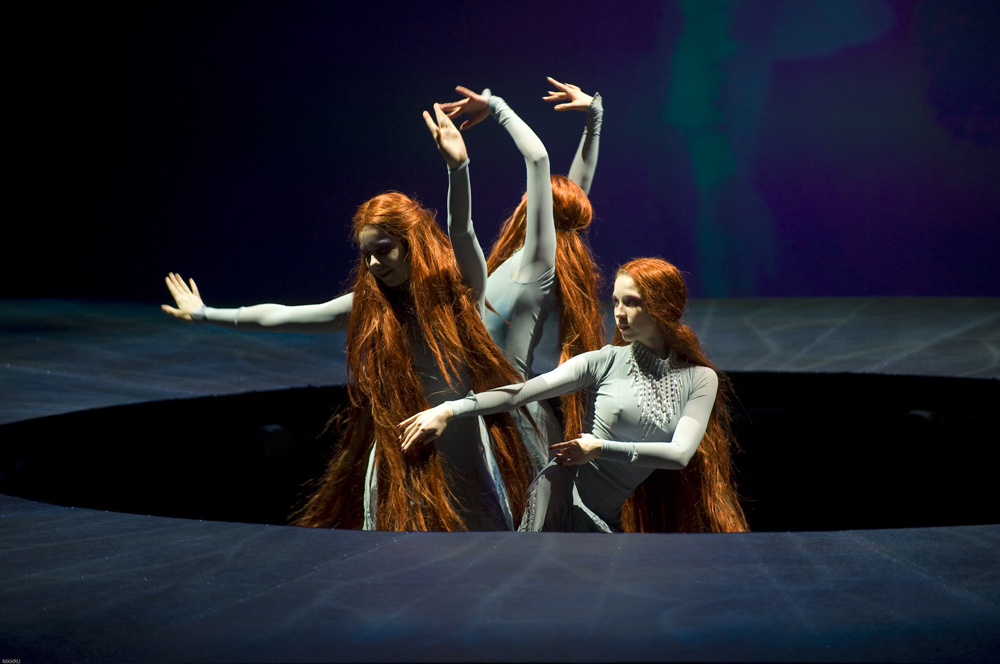
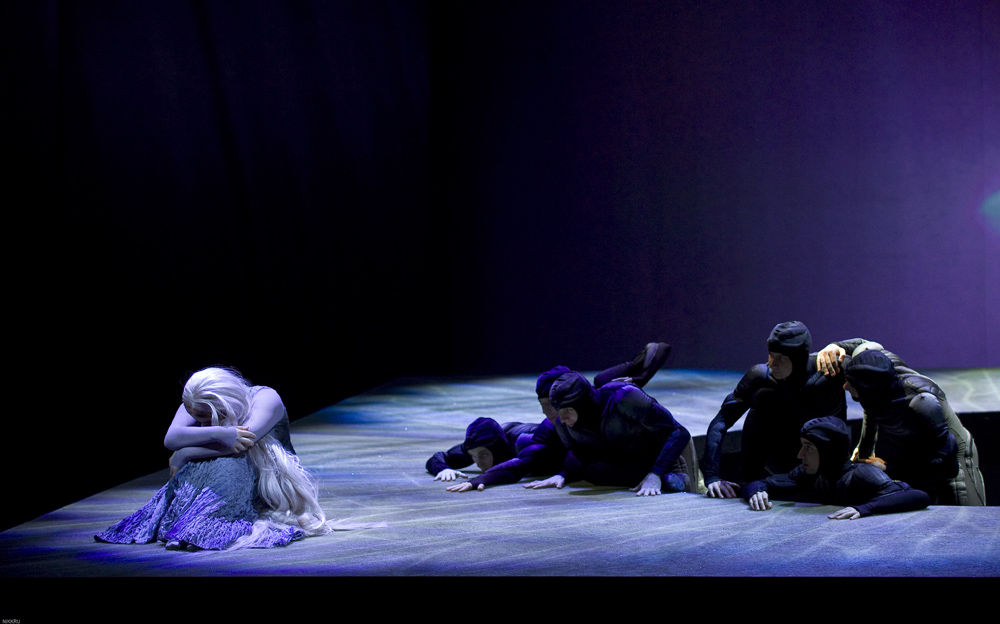

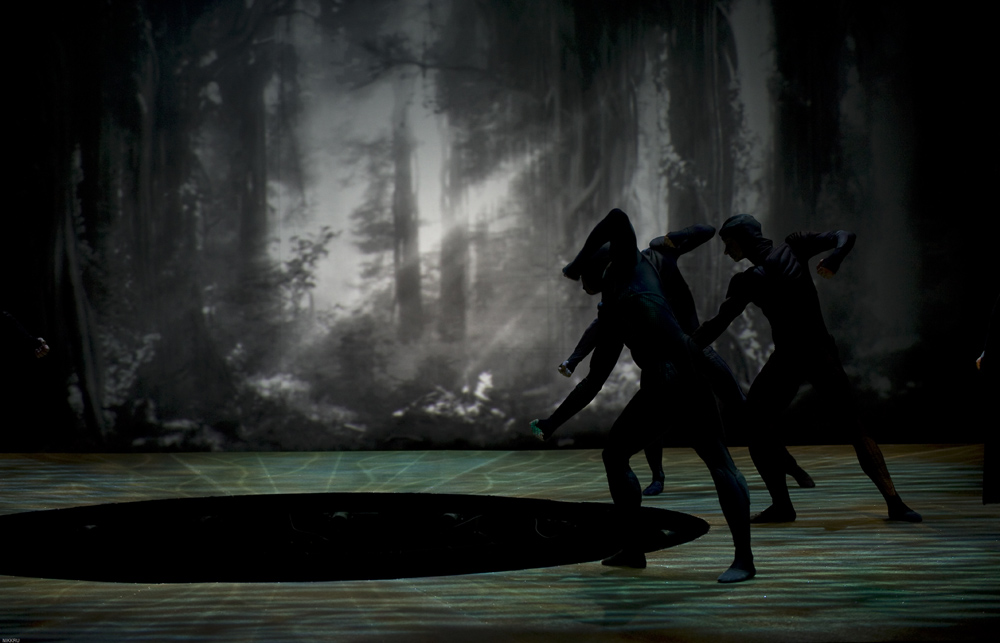
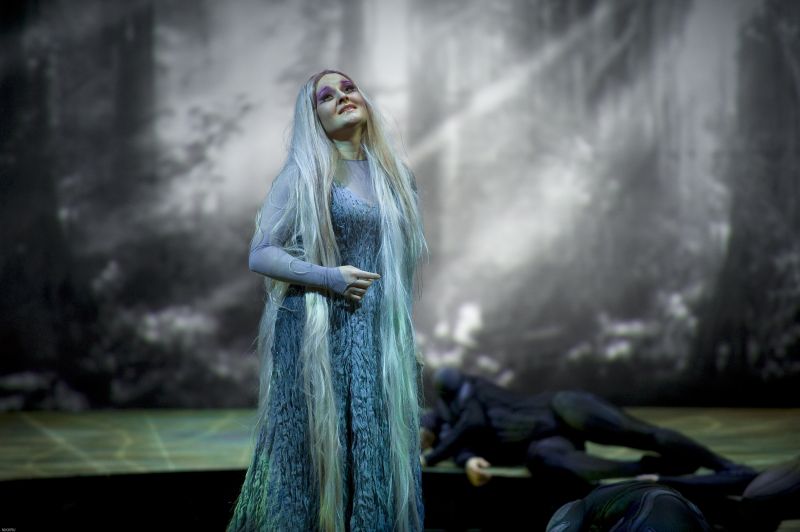
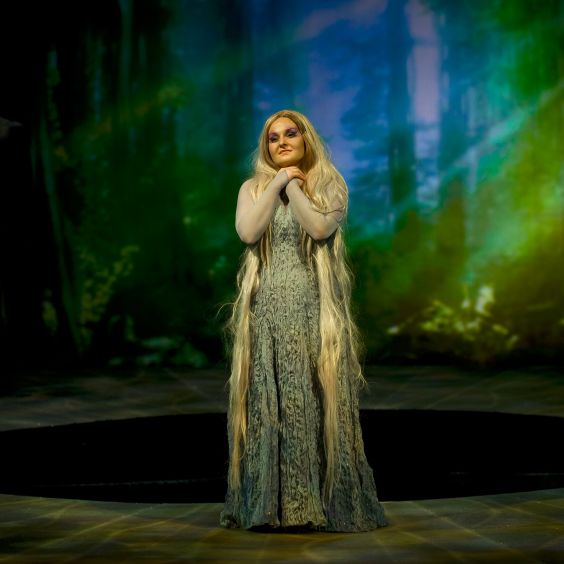

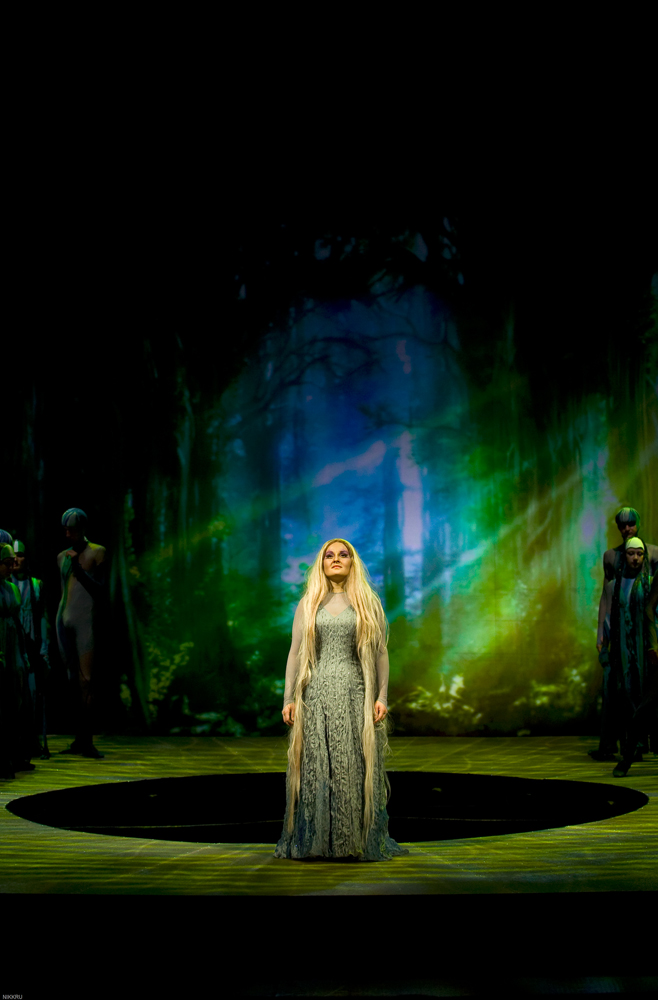






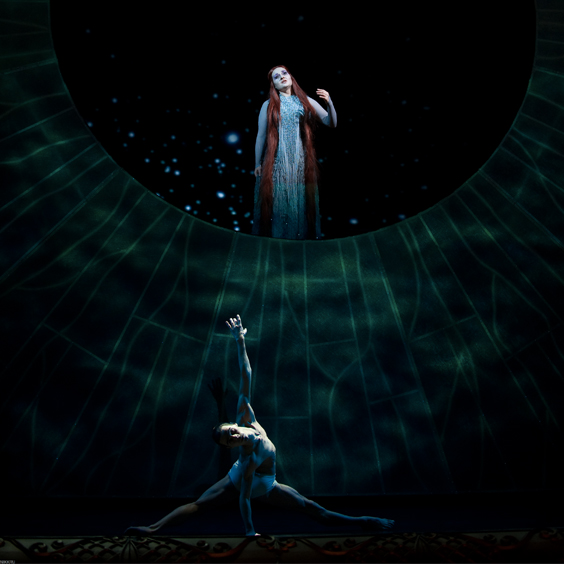


.jpg)


